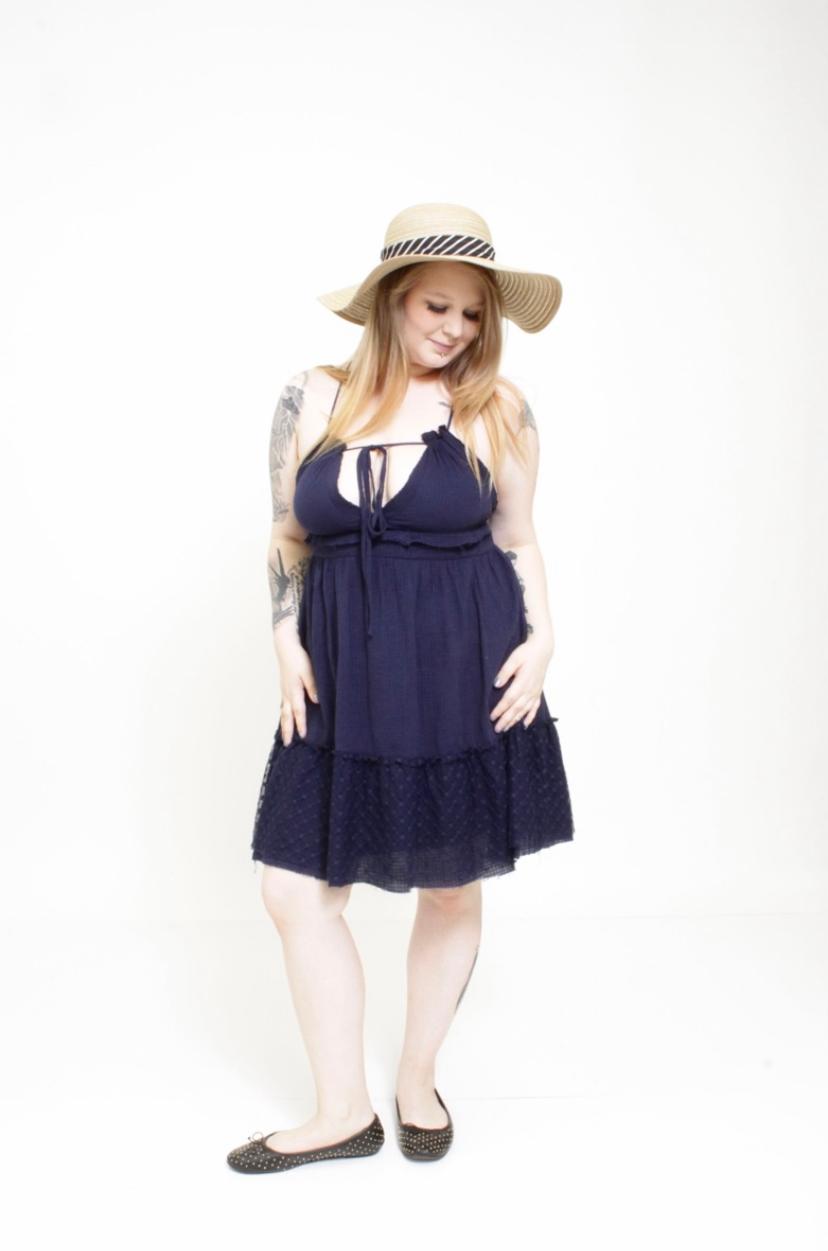From Trauma to Trying to Date — How to Guide the Youth In Your Care
- Jessica Castillo

- Jul 22, 2021
- 3 min read

Being a teenager is a crazy rollercoaster of hormones and emotions, and those cheesy romance movies and young adults novels only add to the fuel! It can be a super fun time of memories and discovering yourself, but for youth who have experienced trauma, there should absolutely be a "proceed with caution" sign at the start of the journey. From falling into patterns of finding partners who showcase negative characteristics that resemble that of their abusers to having a fear of intimacy altogether, youth who come from a background of trauma are extremely vulnerable and need extra care, attention, and guidance when they start to think about dating.
According to the Pew Research Center, there are reportedly 35% of youth who participate in the dating scene. Considering there are over 400,000 youth in foster care, it's safe to conclude that there are a great portion of teens in the system who at least think about dating. Considering the trauma that youth in care have experienced, they might feel hesitant bringing up the topic to the adults in their lives. An important step to helping promote healing, growth, and healthy development in the teens in your care is being the one to bring up certain topics, approaching them with gentility.
Help Youth Set Boundaries
Since most of the adults in the lives of youth who have experienced trauma haven't been the best role models when it comes to boundaries, it's critical for you to discuss what the youth in your care are comfortable with and looking for in people, helping them realize what makes them uncomfortable and how they should handle those situations. Share moments from your own life where you had to enforce your own boundaries, and make it crystal clear that you will be with them every step of the way.
Show Interest in Their "Love Life"
It's true, teens need privacy and a sense of self that they can only find in their own "alone time," but they're still young and in need of direction from those who have "been there, done that." It's common for foster youth to assume that no one understands what they're going through, even when it comes to common situations like dating and fights with friends. Everything just seems so monumental when you've had a difficult upbringing, so it's only to be expected that it might make a person feel like they're somewhat "separate" from the rest of society. Sharing your own experiences with dating and trying to show that you can relate to the youth you're caring for can create a sense of bonding and trust, potentially creating what feels like a "safe place" for them to open up to you about their current experiences. Show interest and a desire to relate to them, and be genuine and intentional while you do so.
Be Judgment-Free
It's easy to say things like "I told you so," and "I warned you," but it has no benefit to the youth in your care. It's not comforting, it's not reassuring, and it only adds to the feelings of shame and defeat they might be feeling if they made a mistake or experienced something negative that you may have advised them against. If the youth in your care experienced something negative while trying to attain something positive, it's important to comfort them and encourage them to learn from this moment and watch out for the warning signs next time. Use these moments as tools for learning, growth, and developing a bond between you and the youth. Be present, and do it without judgement. The last thing they need is to feel small and judged.
Being there for the foster/adoptive youth that are in your home is a given, but it's the intention and heart behind your presence that can make or break them. Make your desire to love them for who and where they are abundantly clear, and love them through their inevitable dating-related mistakes. Be that model of healthy love and care that they should look for in a partner, and all should effortlessly fall into place.



Comentarios